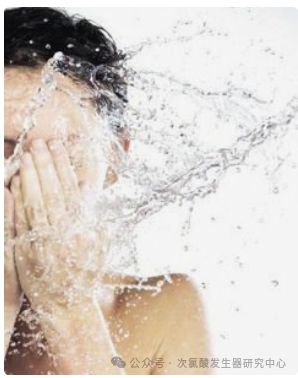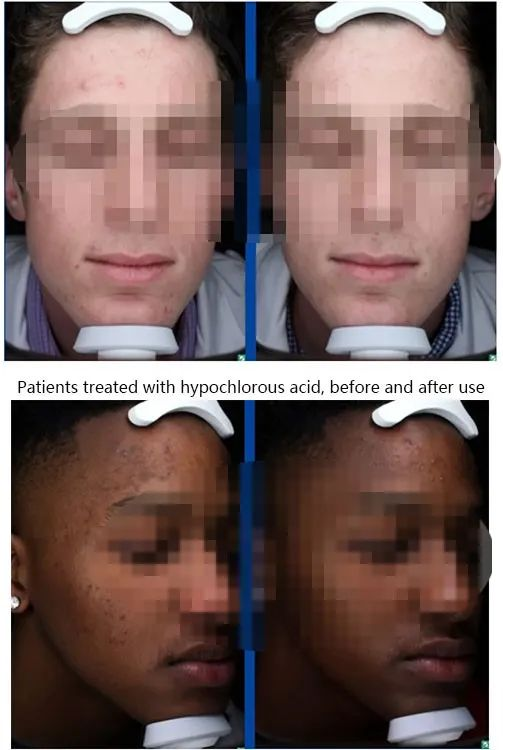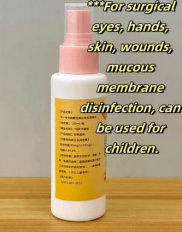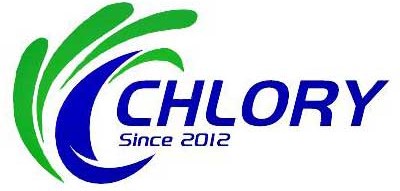Acne, also known as pimples, is a common skin disease that is more common in teenagers. Hypochlorous acid is widely used in the cosmetics industry to prevent facial acne, pimples , etc.
Can hypochlorous acid be used to prevent facial acne and pimples?
Some beauty enthusiasts now keep bottles of hypochlorous acid spray in their go-to makeup bags and extra towels. They claim the spray can help prevent post-workout acne, avoid odors, and even clean equipment—but if it can do all those things, is it safe to spray on your face? And what exactly is hypochlorous acid?

Hypochlorous acid is tough on harmful bacteria but gentle on skin — even sensitive skin. Skin experts actually recommend using products containing hypochlorous acid to combat common bacterial skin problems like acne, eczema, and psoriasis. It essentially disinfects your face, reduces inflammation, and speeds up your skin's natural healing process. There's no need to gradually introduce hypochlorous acid into your skin-care routine, and there's no need to worry about adverse reactions — you're exposed to it every day. That's because hypochlorous acid is naturally produced by the skin, and is created by white blood cells to fight off infection and bacteria. When your skin gets cut or scraped, hypochlorous acid goes to work to keep harmful bacteria out. Today, hypochlorous acid can be found in face washes, serums, creams, and sprays.
What are the benefits of using hypochlorous acid on facial skin?
“ Hypochlorous acid is a powerful killer of bacteria, viruses, and even fungi,” says Dr. DeRosa. Its antimicrobial and anti-inflammatory properties make it a great treatment for a variety of skin challenges, from cystic acne to sunburn .

" Hypochlorous acid is a natural antimicrobial byproduct of our white blood cells, so it has antiviral and antibacterial properties," says dermatologist Mona Gohara, M.D. Hypochlorous acid can prevent future breakouts and can help reduce signs of past breakouts, she says, but it gets even better. Hypochlorous acid fights the redness and inflammation associated with skin conditions like eczema and psoriasis. It calms puffy or angry skin and gently cleanses it to prevent it from getting inflamed again. "It's also great for reducing itching," Dr. DeRosa says, so you're less tempted to scratch your skin and spread infection.
Hypochlorous acid is basically the duct tape of skin care—there's almost nothing it can't fix. It can even help heal severe sunburns. Using a hypochlorous acid spray, such as Hypochlorous Acid Daily Rescue Facial Spray, on your face or scalp can help soothe and repair burned skin.
Because hypochlorous acid is already in your body, products formulated with HOCl are safe for everyday use. You won't build up a resistance to it like you would with prescription antibiotics, and it won't dry out your skin like alcohol or benzoyl peroxide. Some sprays, like the Hypochlorous Acid Basics Facial Spray, can actually help hydrate your skin. This spray contains hypochlorous acid and Bora Bora sea salt. "Sea salt absorbs excess oil and impurities while softening and moisturizing the skin," says Dr. DeRosa.
Clorox acne may also help prevent body acne and odor. "When we sweat, it acts like a barrier against the millions of microbes we come into contact with," says Dr. Gohara. "Because it's both effective and endorsed by the National Eczema Association, that means it's good for sensitive skin."
According to experts, there are few risks in using products containing hypochlorous acid to treat any of your skin conditions and, when used correctly, can really bring good results to your skin.
Meanwhile, skin care products containing hypochlorous acid are completely safe for everyday use. In addition to your skin care routine, these products can be used to treat acne, soothe sunburn, or even disinfect your hands when necessary, Dr. DeRosa says .
Do you have skin problems? If so, you might benefit from adding some hypochlorous acid to your skin care routine. Even those with very sensitive skin shouldn't think twice about using products containing hypochlorous acid.
Hypochlorous acid is produced by your white blood cells to fight bacteria and infection, so in a sense, you use it every day. But your skin may need the extra healing power of hypochlorite, "especially if you have sensitive skin but need to treat a skin condition like acne or eczema," says Dr. DeRosa .
Your body already produces hypochlorous acid, but you can't command your white blood cells to deal with annoying breakouts. That's where skin care products containing hypochlorous acid come in handy. Use these products to give your skin an extra boost of hypochlorous acid to fight common problems like acne and eczema, or use it daily to keep your skin clean, clear, and hydrated.

Contact:
E-mail: [email protected]
WA: +86 157 8668 8998
